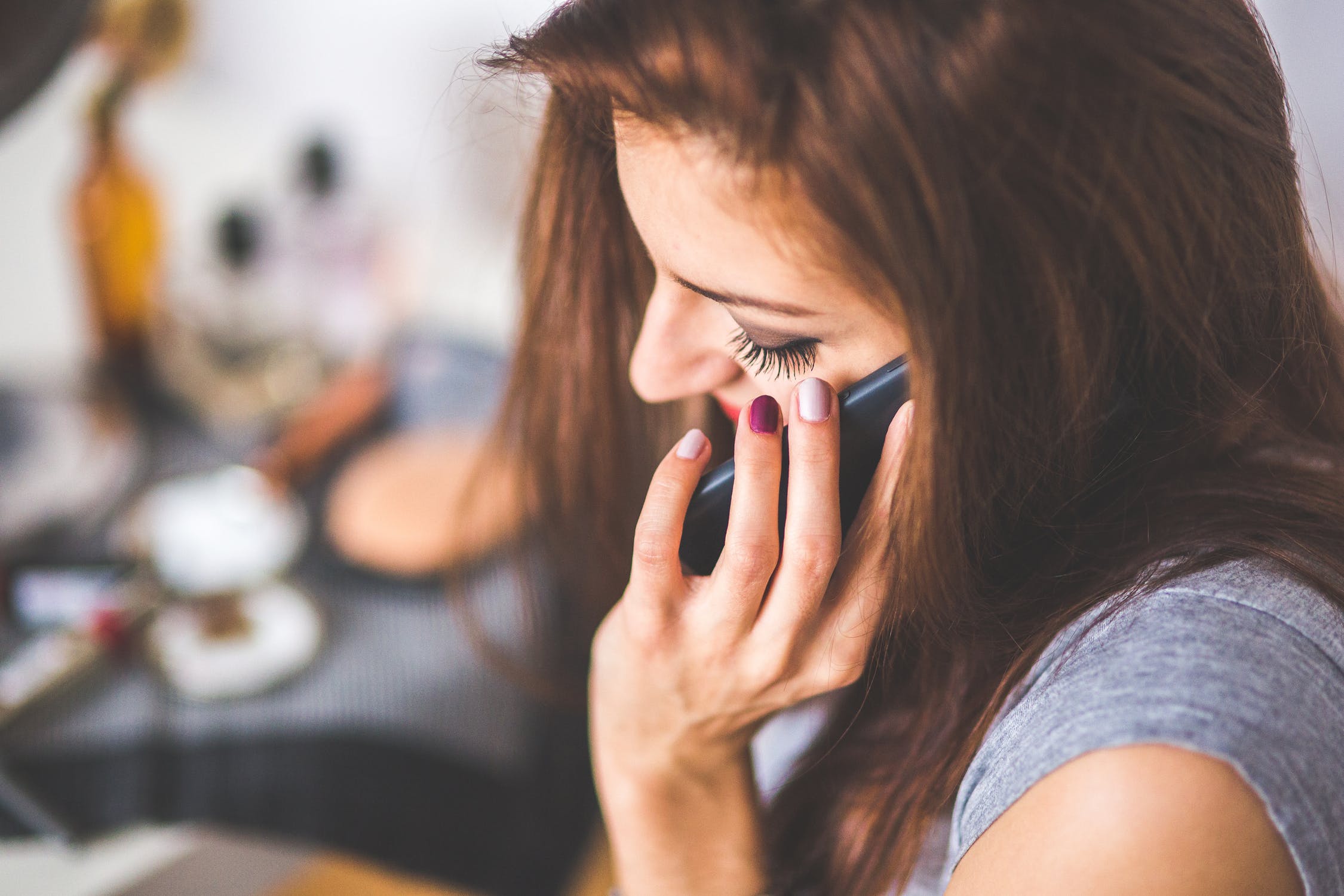
It’s been a little over a year after the beginning of the COVID-19 pandemic began in the United States, and the nation is facing what experts call a mental health crisis. In fact, an Internet survey administered to over 2,000 American adults during the end of March 2020, at the start of lockdown and social distancing orders, found that psychological distress was prevalent. According to survey results, the average respondent scored in a range that was indicative of mild mental illness.
Unfortunately, the mental health effects of the pandemic did not wear off after the nation adjusted to the initial shock of lockdown orders. A study conducted three months after the start of the pandemic, in June 2020, found that nearly 41 percent of the survey’s 5,470 participants, who were believed to be a good representation of the U.S. population as a whole, were experiencing a mental or behavioral health condition. Anxiety and depression were common among the study sample, as were symptoms of trauma and stressor-related disorders associated with the pandemic. In addition, around 13 percent reported they had used drugs or alcohol to cope with their stress, and an alarming 10.7 percent indicated they had seriously considered suicide.
All of this means that the importance of addressing mental and emotional health has come to the forefront, with many Americans demonstrating a need for support and services to address psychological distress. Some may be able to cope with mental health symptoms on their own, whereas others will find it necessary to seek professional intervention. Consider the following mental health tips for 2021.
Is the Vaccine the Solution?
Before considering the top mental health tips of the year, there is an important area of interest to address: the COVID-19 vaccine. Some argue that mental health will automatically improve with the vaccine rollout, but this may not necessarily be the case. Certainly, for those fearful about contracting the virus, being vaccinated may reduce anxiety and distress, but the vaccine is not a panacea for the nation’s mental health crisis.
While those who have fears surrounding the virus are more likely to accept the vaccine, the reality is that some people will choose not to become vaccinated. Among those who prefer not to receive the COVID-19 vaccine, research shows that social and economic forces may make them fearful of becoming vaccinated. It may be impossible to predict the long-term effects of vaccination on mental health, but we know that some people will choose to be vaccinated, and others won’t. This divide could lead to continued conflict and fear, which can perpetuate some of the mental health effects of the virus.
Furthermore, it is helpful to remember that a mental illness is a legitimate health condition, just like heart disease, diabetes, or cancer. Without some sort of intervention, it is unlikely that a mental illness will improve simply because of vaccination. After all, as experts have indicated, multiple factors associated with the pandemic can lead to ill mental health, including economic distress, social disconnection, closing of churches and community centers, illnesses, and lack of access to services. Some of these factors can be long-lasting, even with the implementation of a vaccine.
For instance, some churches and community centers may have had to close down due to financial concerns during the pandemic, providing people with less access to support. Those who lost jobs during lockdown may still be struggling financially, leading to worsened mental health, and some mental health agencies may be overwhelmed, leading to long wait times to see a doctor or therapist. These are concerns that may not resolve immediately, even with the increased availability of vaccinations.
The Top Mental Health Tips
While the vaccine may not be a cure-all, there are steps you can take to improve your mental health. The following tips are backed by evidence, and they range from things you can do on your own, to treatments that require the help of a professional:
- Reach out to others. When you’re struggling with a mental health condition, connecting with others for support is critical. Some areas are relaxing social distancing orders, but if this is not the case in your area, or if you are fearful of the risk of spreading the virus, there are steps you can take to connect. Whether by phone or video conferencing, technology is available to help you stay in touch with friends and loved ones. If you feel comfortable gathering, you may consider an outdoor event or meeting up with friends to take a walk. Anything you can do to stay connected can help to ease the negative effects of isolation on mental health.
- Get some exercise. Moving your body is an effective way to ease symptoms of depression and anxiety. A recent study in the Journal of Mental Health and Physical Activity found that exercising just once or twice a week was associated with a reduced likelihood of experiencing depression and anxiety. If gyms in your area are closed, getting outside for a walk or jog a few times a week can be a suitable way to cope with mental and emotional distress.
- Try a new hobby or activity. The pandemic may have changed your usual routine. Perhaps you have transitioned to working from home, or maybe you have had to give up some previous activities. With extra time on your hands, now is the time to try a new activity. You might consider taking up gardening, learning a new language, or remodeling the house. Regardless of what you choose, it can be helpful to reframe your thoughts from negative to positive. Instead of sadness about the pandemic, you can view this as an opportunity to try something you’ve always wanted to do.
- Step outside. Being outdoors is restorative, whether it’s going to the park, swimming at the lake, or exploring the local nature preserve. If you are experiencing the mental health effects of the pandemic, getting outside may be more important than ever, especially if you have children. The latest research shows that teens who have spent time outdoors throughout the pandemic have had less of a decline in wellbeing, so one of the top mental health tips this year is to take the time to get outside with your family.
- Set new goals. The stress and anxiety surrounding the pandemic can make some people feel hopeless, but setting new goals for yourself can increase your self-efficacy and help you to regain a sense of control over your environment. You might set a goal to run a 5k, get a new professional certification, or save for that trip you couldn’t take last year.
- Turn to the power of prayer. Not everyone is religious, but if religion is important to you, heading to church and taking the time to pray might ease some of your anxiety. Experts have named the closing of churches as a contributing factor to suicides during the pandemic, but attending religious services regularly provides a protective effect.
- Try yoga. Having an outlet for stress is important for maintaining mental health, and this year, being able to cope with stress seems more important than ever. Fortunately, yoga provides a viable option for stress relief. According to one study, yoga is effective for reducing anxiety symptoms, so it might be something to consider if you are having difficulty managing the stress associated with the pandemic.
- Take a break from the news. Media outlets can communicate useful public health information, but for some people, they can increase distress. Constant exposure to reports of deaths and disease outbreaks can instill fear and anxiety, so it may be helpful to close the news tab or turn the TV off from time to time.
- Practice self-care. We often feel guilty taking time to care for ourselves, but the truth is we cannot be totally present for other people in our lives, such as children, spouses, or coworkers if we aren’t caring for ourselves. Take time to care for your own health and wellbeing, and don’t feel bad about it. It’s true that you cannot pour from an empty cup.
- Reach out for help. If you’ve tried to manage anxiety and psychological distress on your own but are still struggling to cope, there is no shame in contacting a professional for help. Like a psychiatrist, psychologist, or therapist, a mental health professional can provide therapy to help you develop better ways of coping. A doctor may also prescribe medication to help you manage mental health symptoms. In the wake of a pandemic and its aftermath, many people will find they need to reach out for professional intervention.
If you’re seeking mental health treatment in the Santa Barbara or Southern California region, Mission Harbor Behavioral Health is here to help. We offer both mental health and addiction treatment services, including partial hospitalization and intensive outpatient care for adults and outpatient services for adolescents. Contact us today to learn more.




